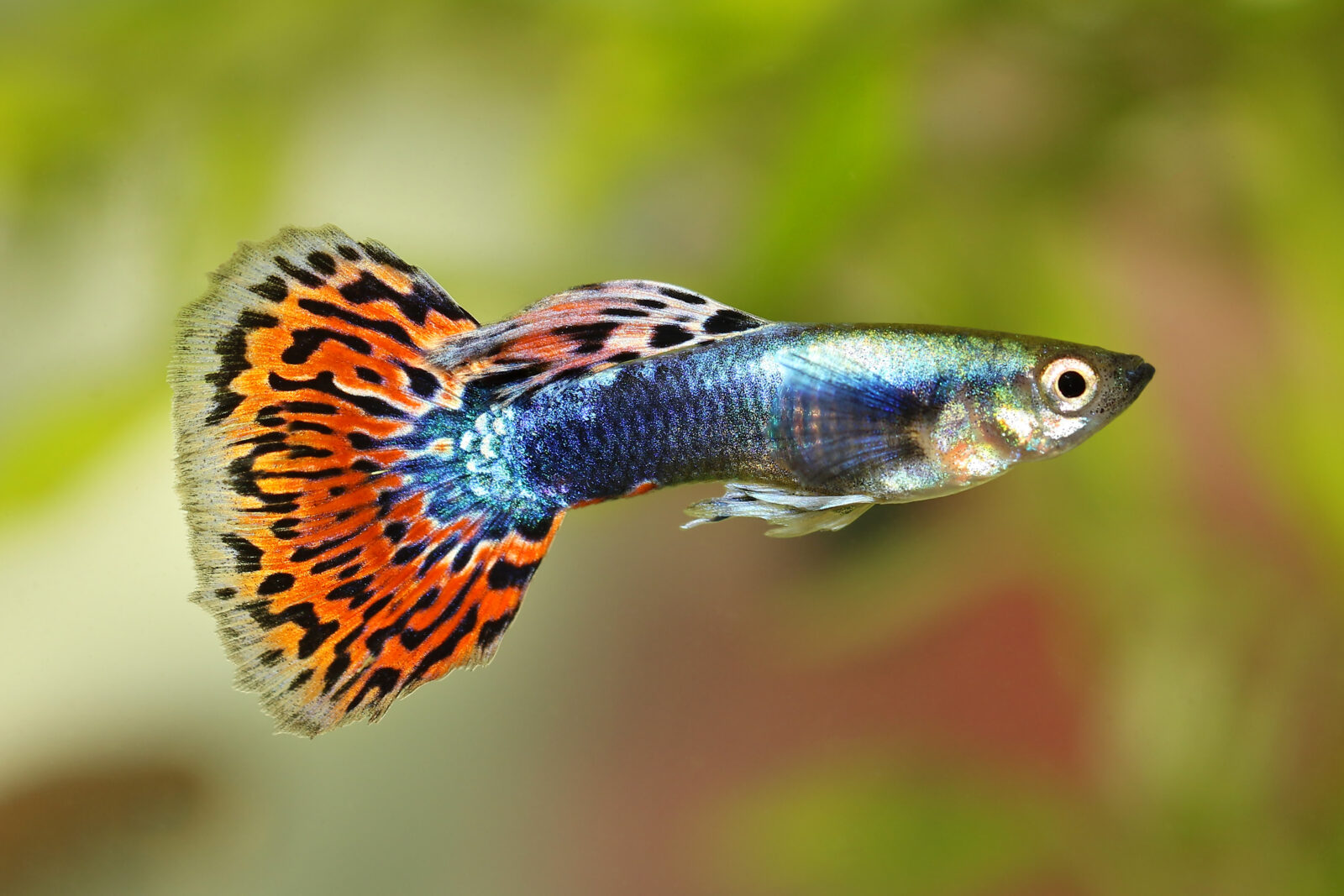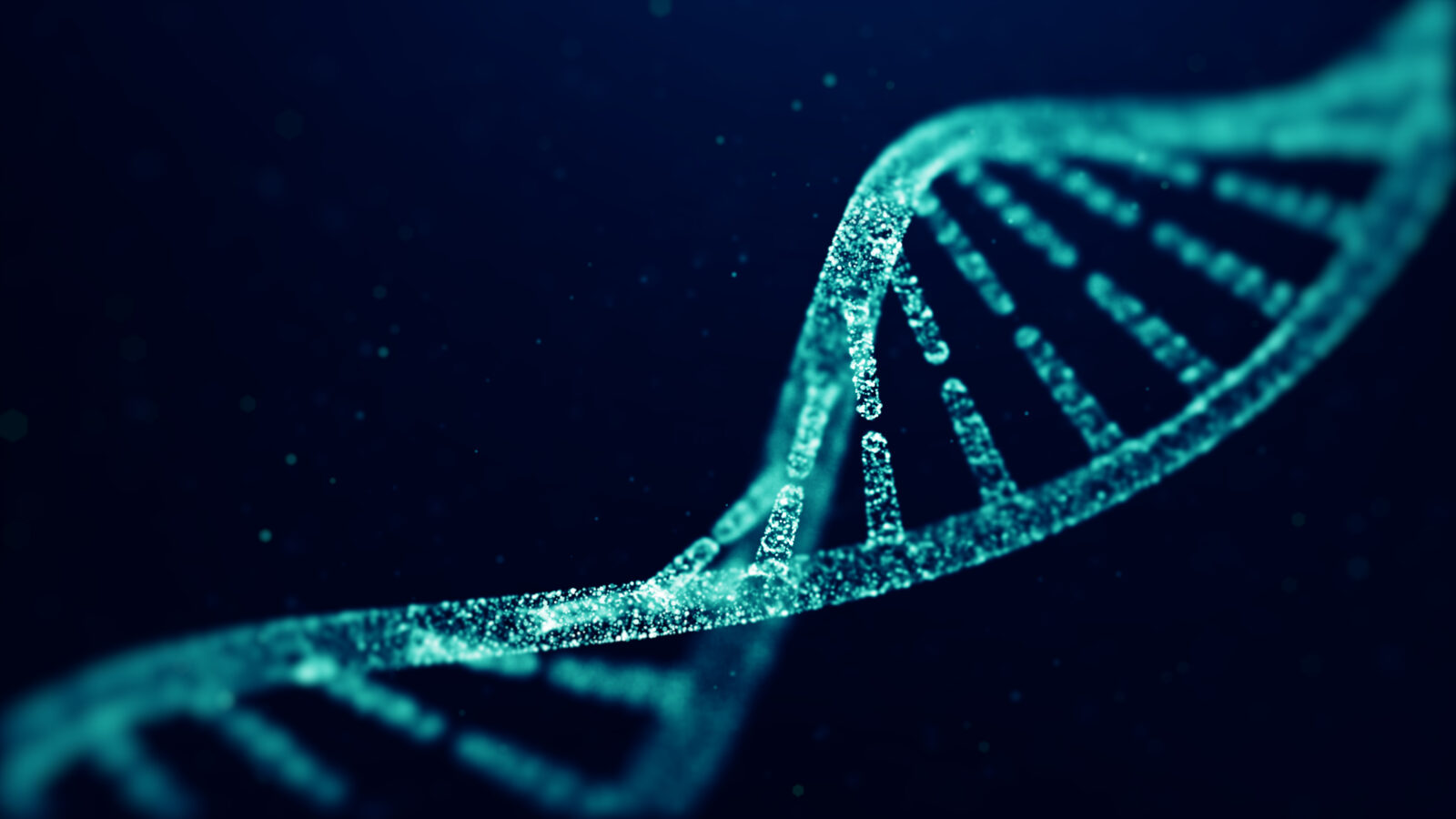


Missiles & Jackhammers: How Plants Spread Themselves Far and Wide

The Universal Optimal Design of Vertebrate Limbs

Eric Hedin on the Intelligent Design of Sleep

Emily Reeves on Intersection of Biology and Engineering

The Engineered Adaptability of the Humble Guppy

How the Myth of Junk DNA Hindered Science

Evolution’s Demigods: Reviewing the Tour/Cronin Debate
Do biologists give too much credit to natural selection and self-organization? What are the limits of a materialist approach to science? On this ID The Future, we bring you the second half of a panel discussion reviewing the recent debate between Rice University chemistry professor Dr. James Tour and University of Glasgow professor of chemistry Dr. Lee Cronin. In November 2023, Dr. Tour and Dr. Cronin participated in a roundtable debate on origin-of-life studies at Harvard University with a live audience of Harvard faculty and guests. Even if you haven’t seen the debate yet, you’ll get valuable insight into the state of origin-of-life research from this panel discussion, featuring three of our own: scientist and attorney Casey Luskin, physicist Brian Read More ›

The Optimal Design of Our Eyes
